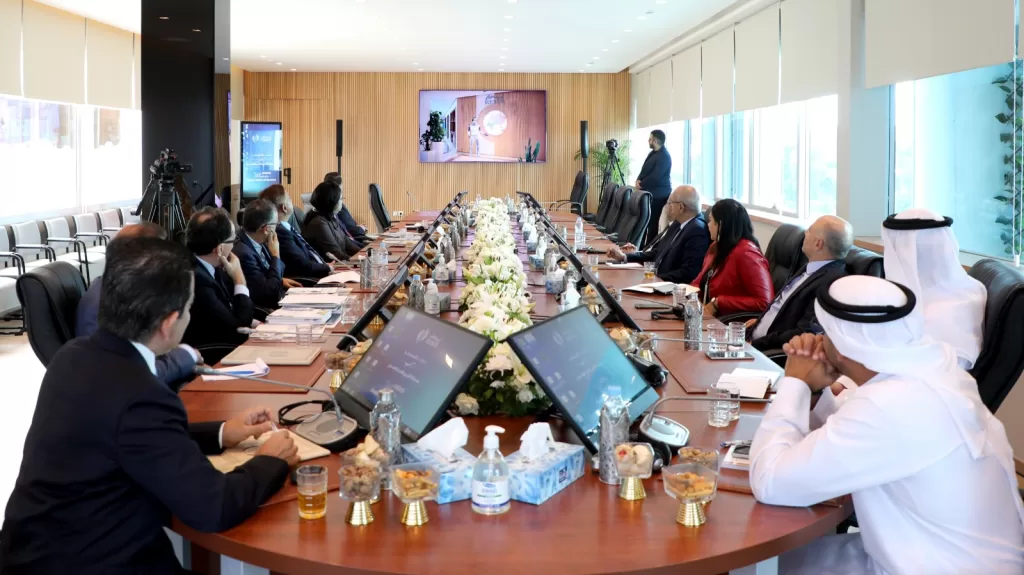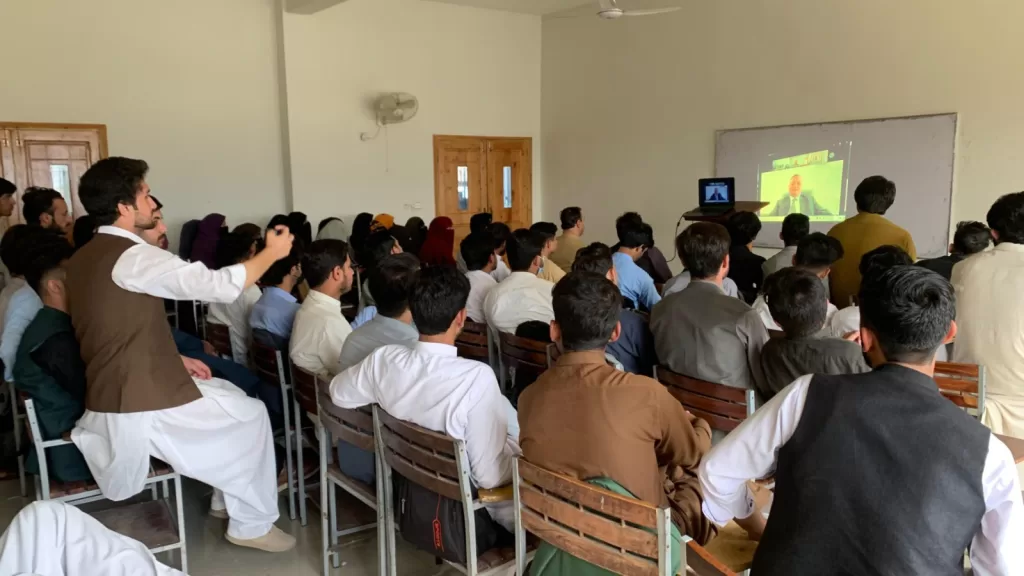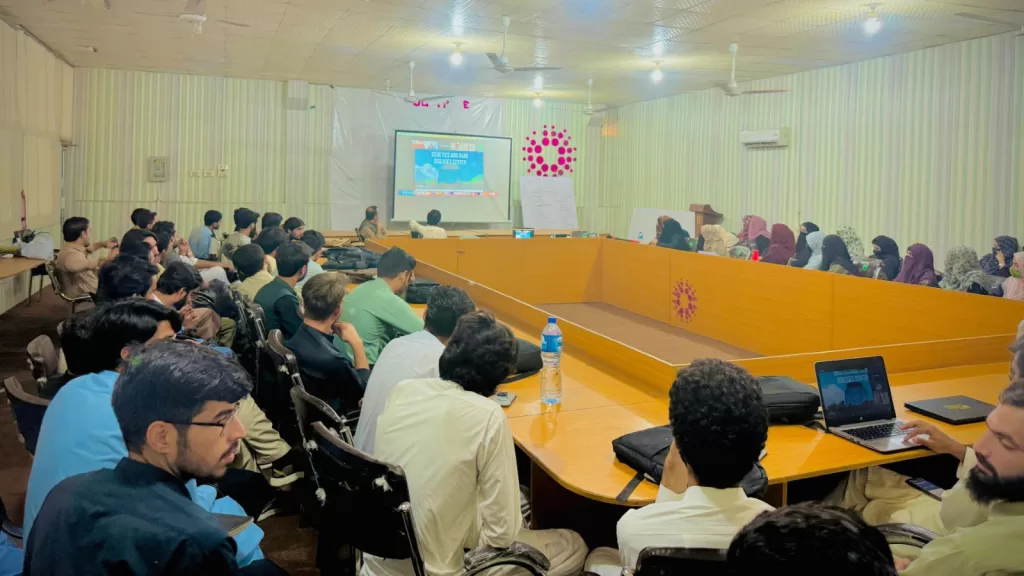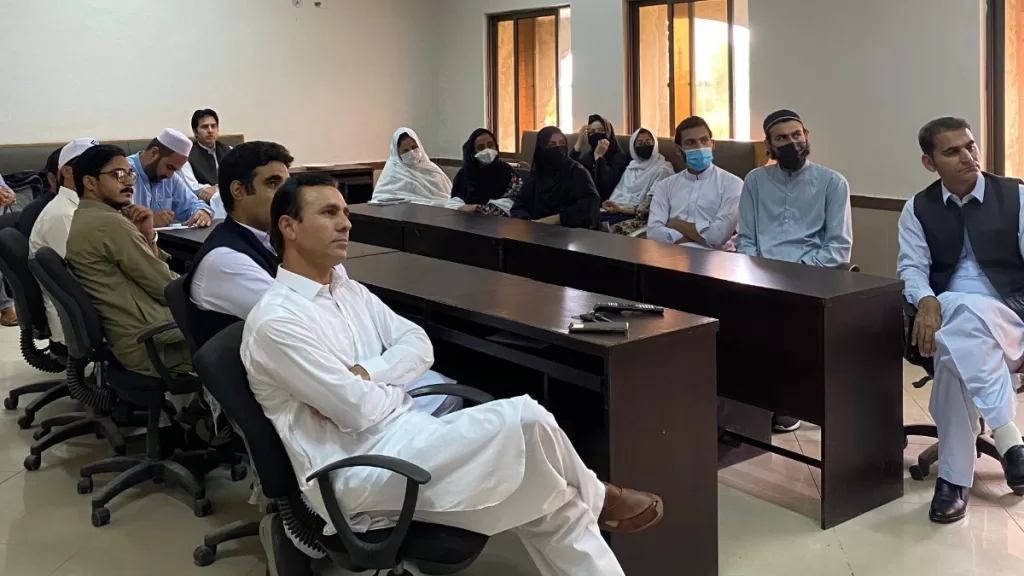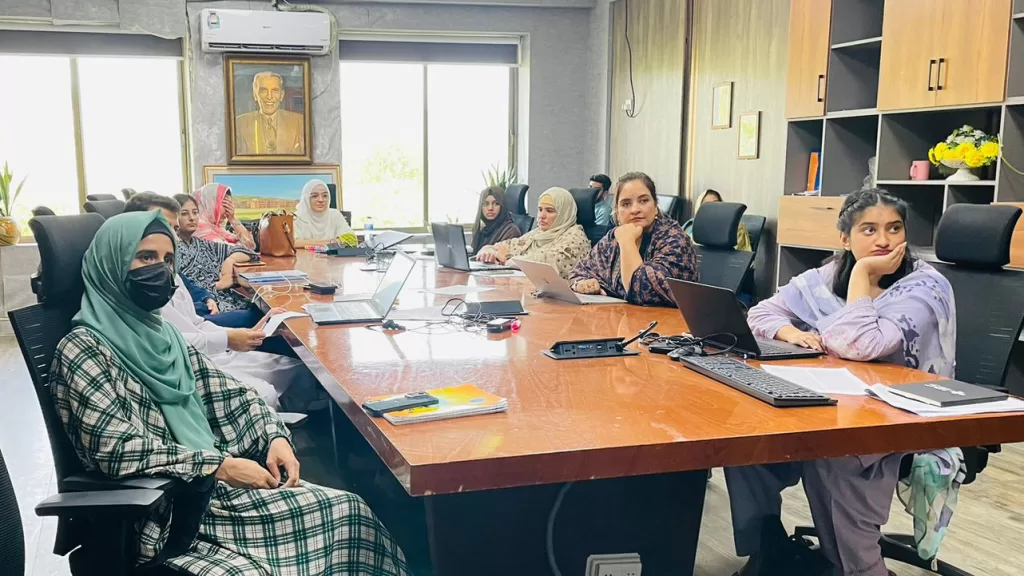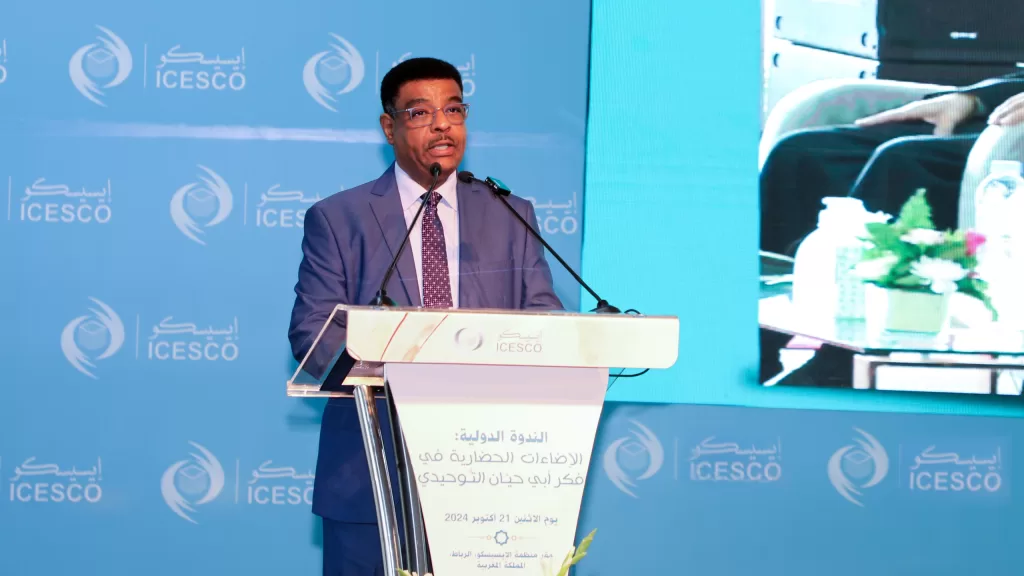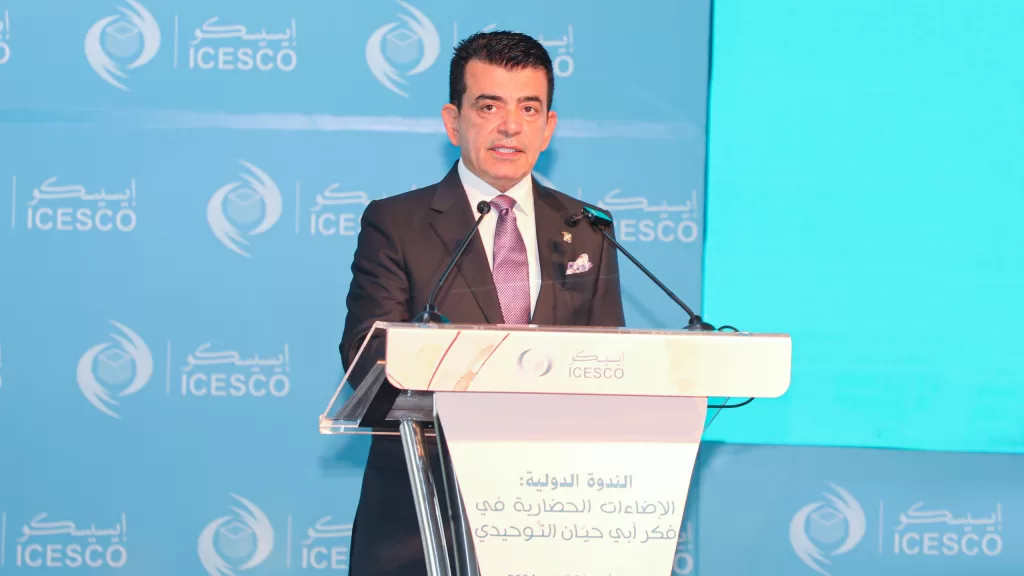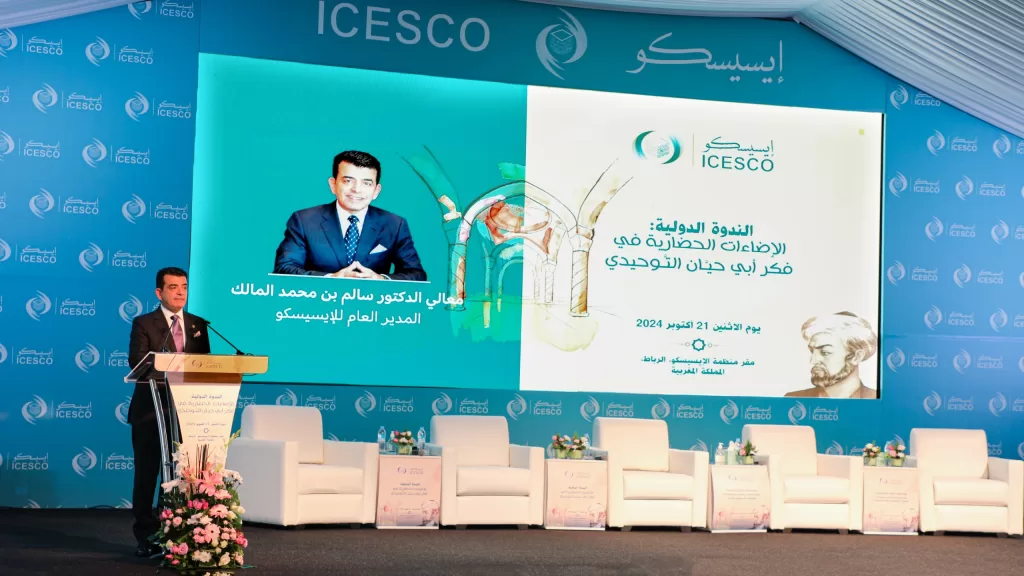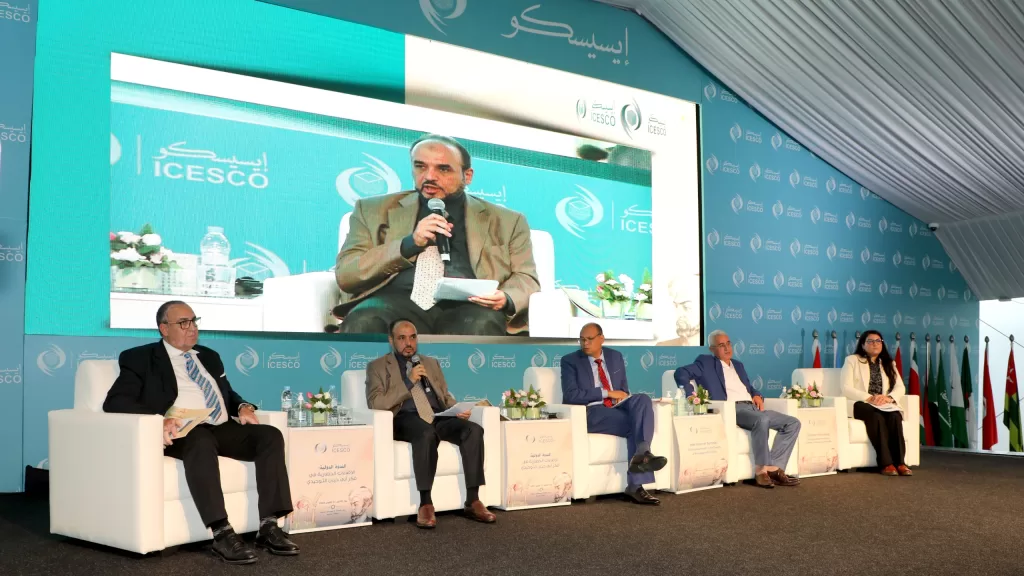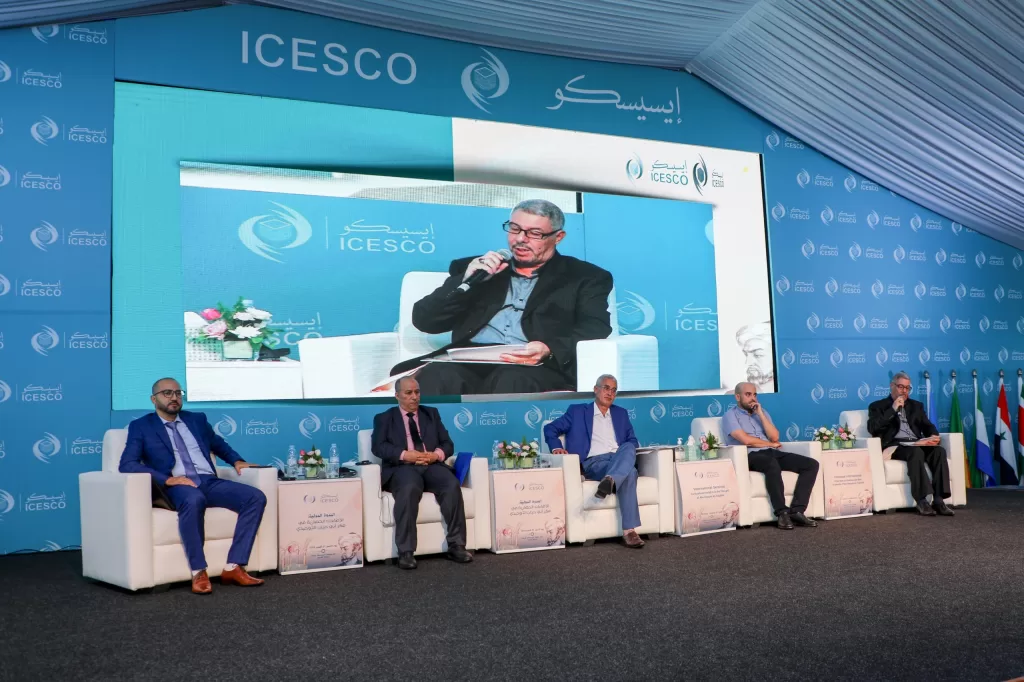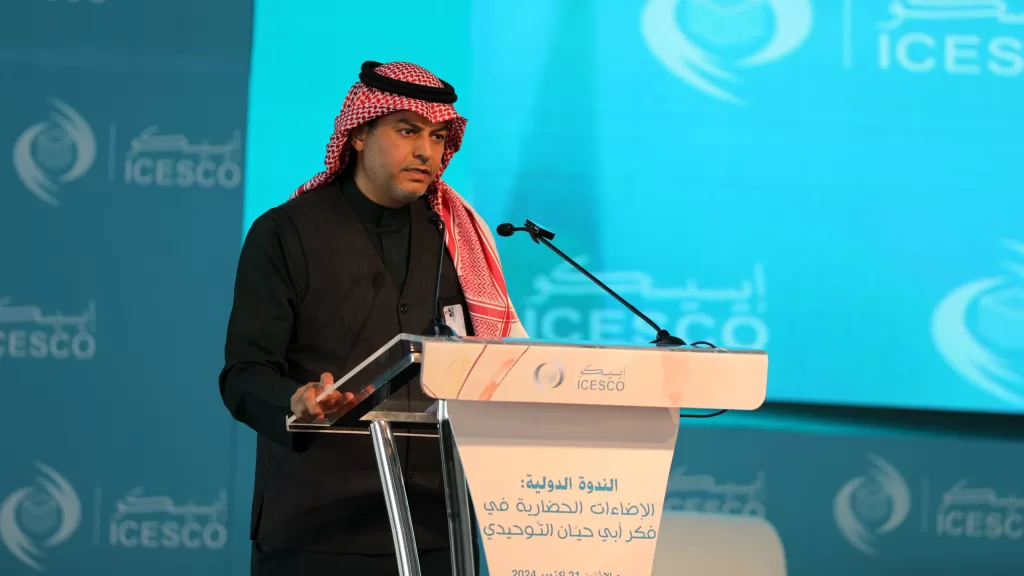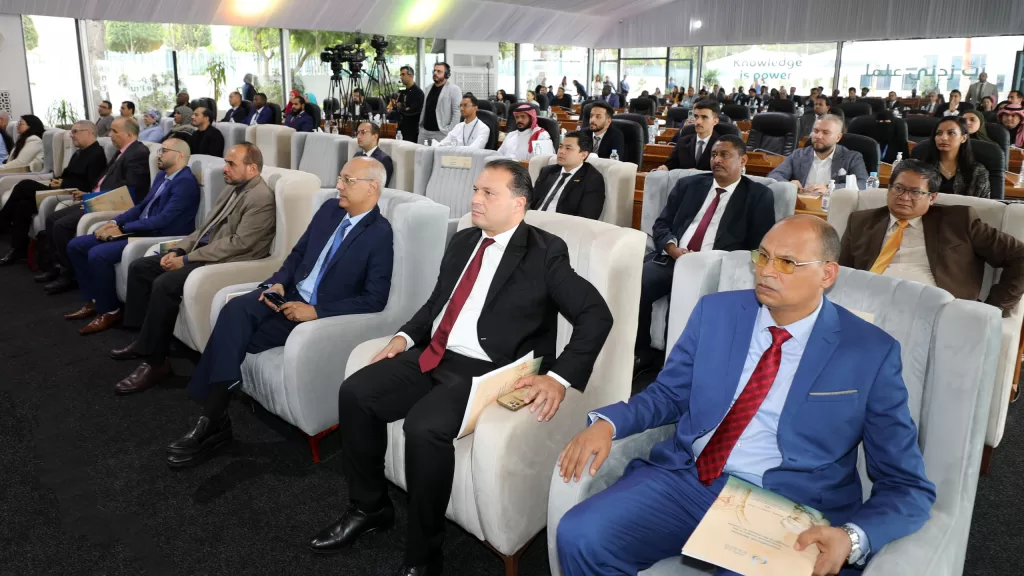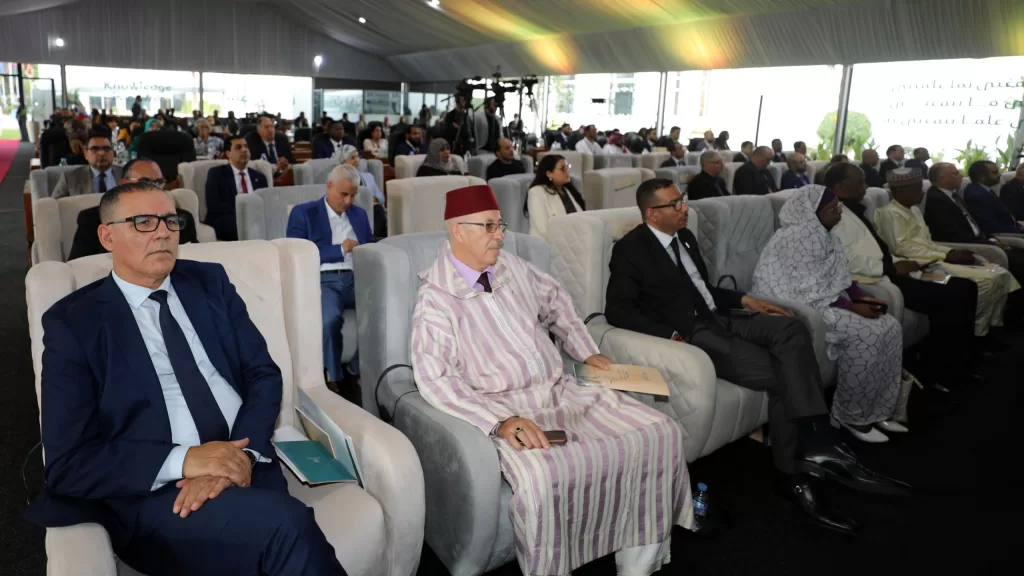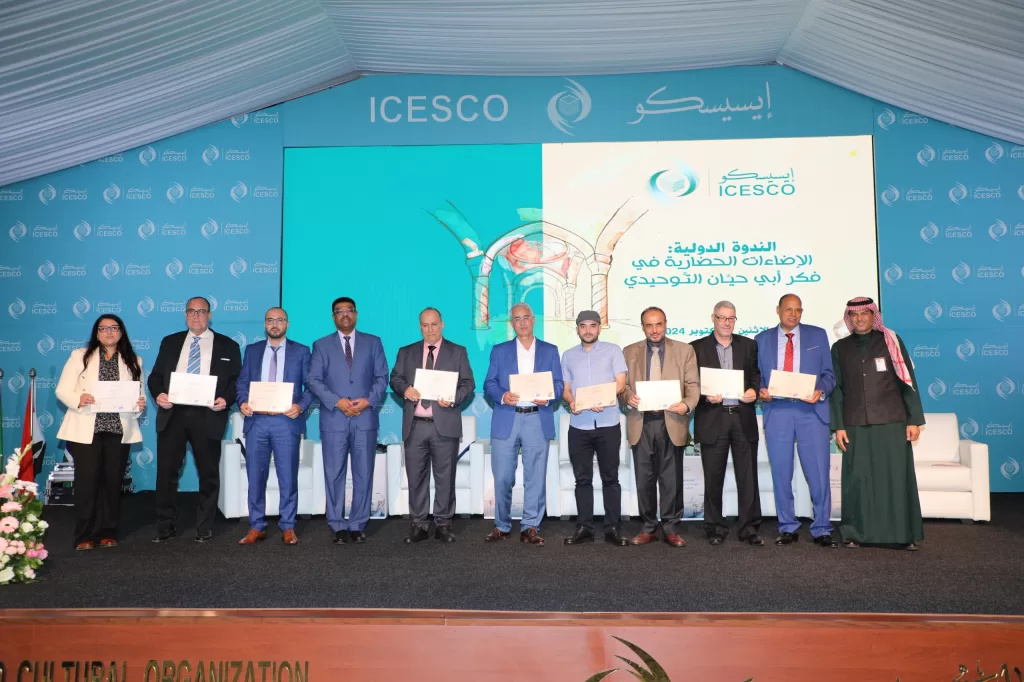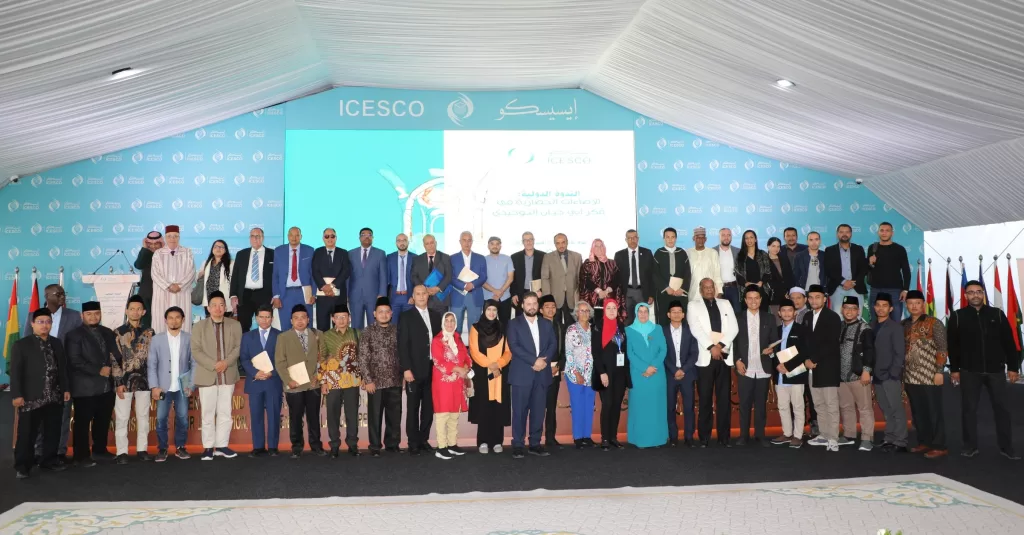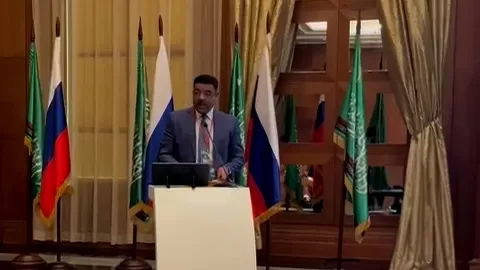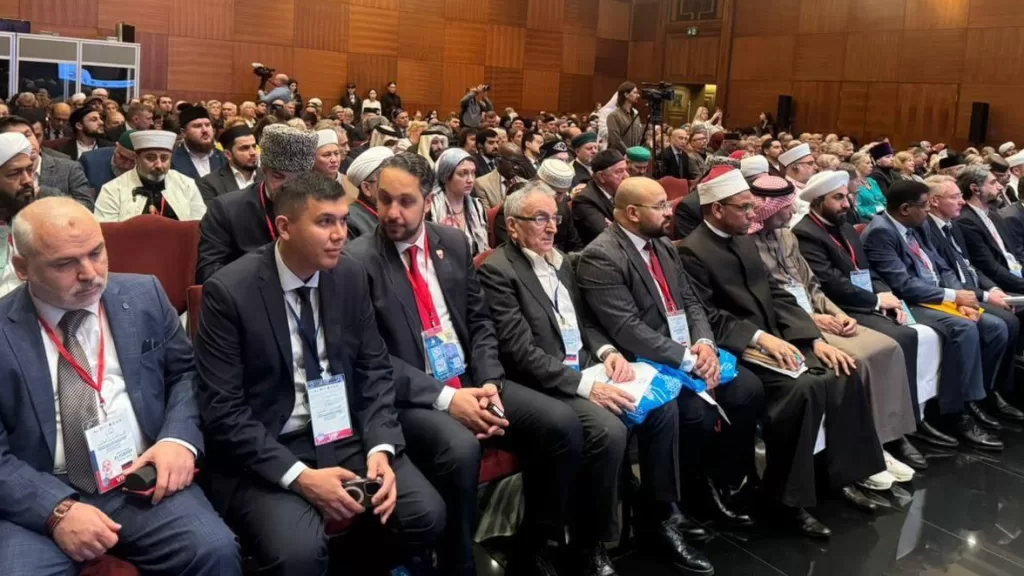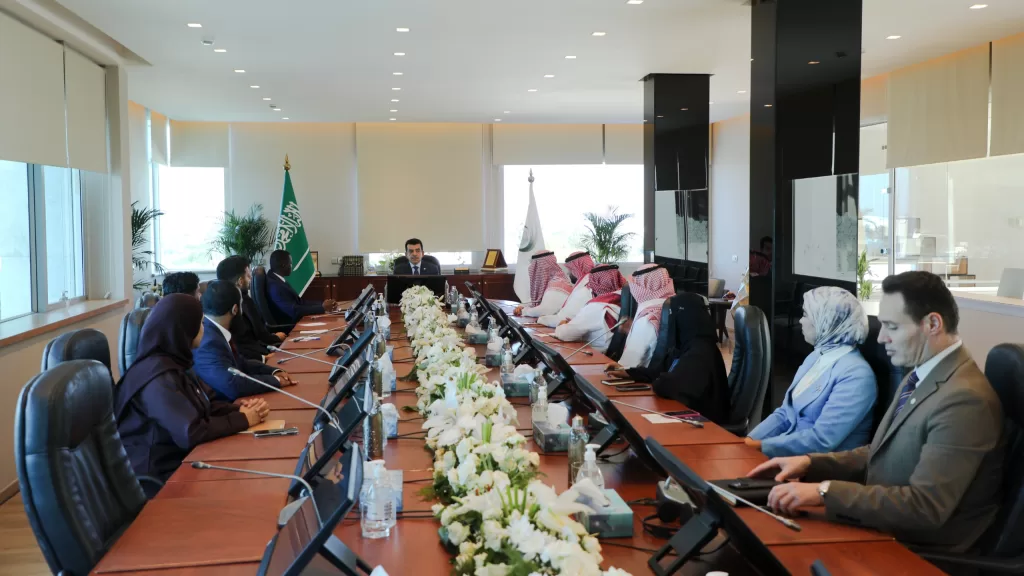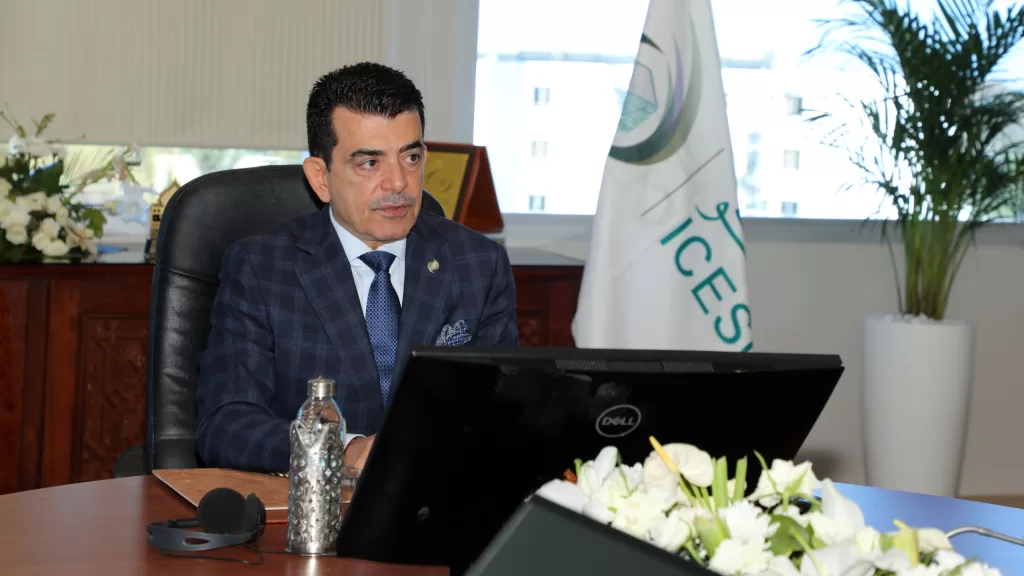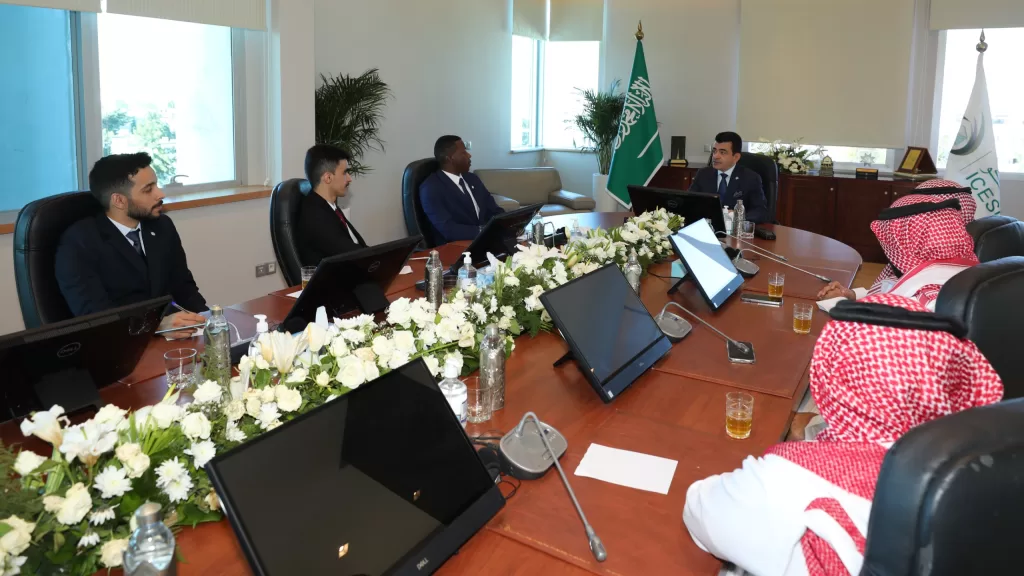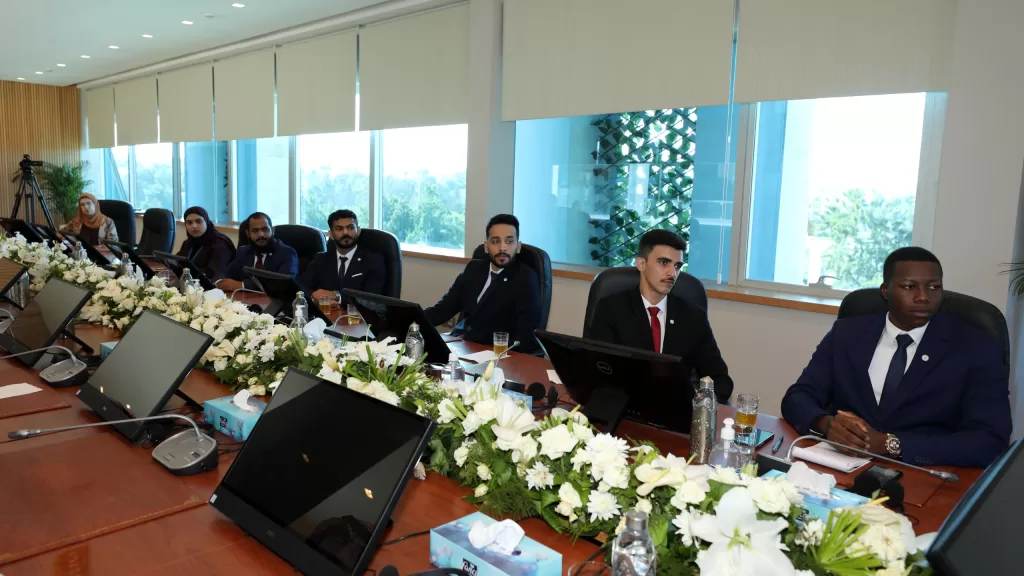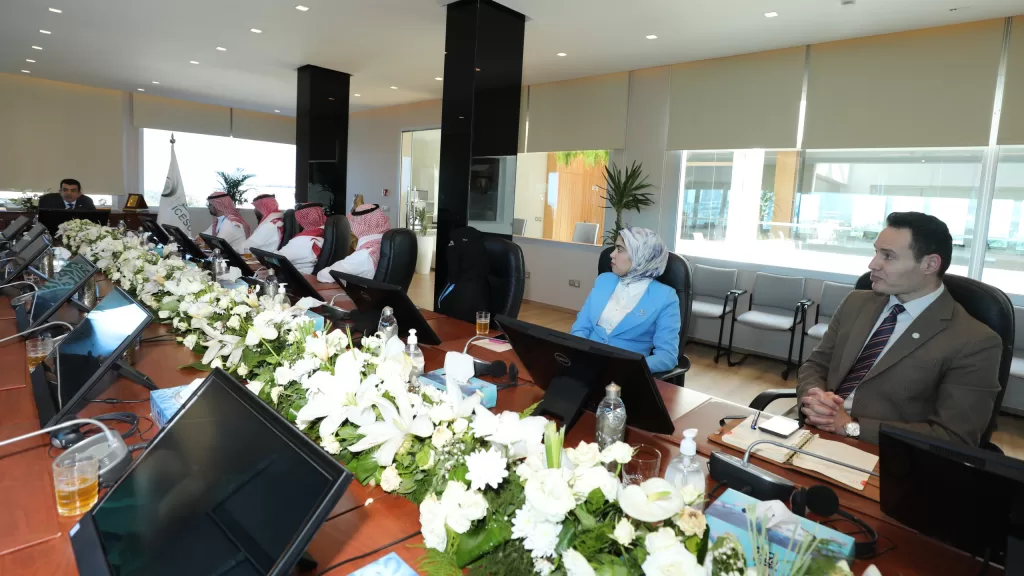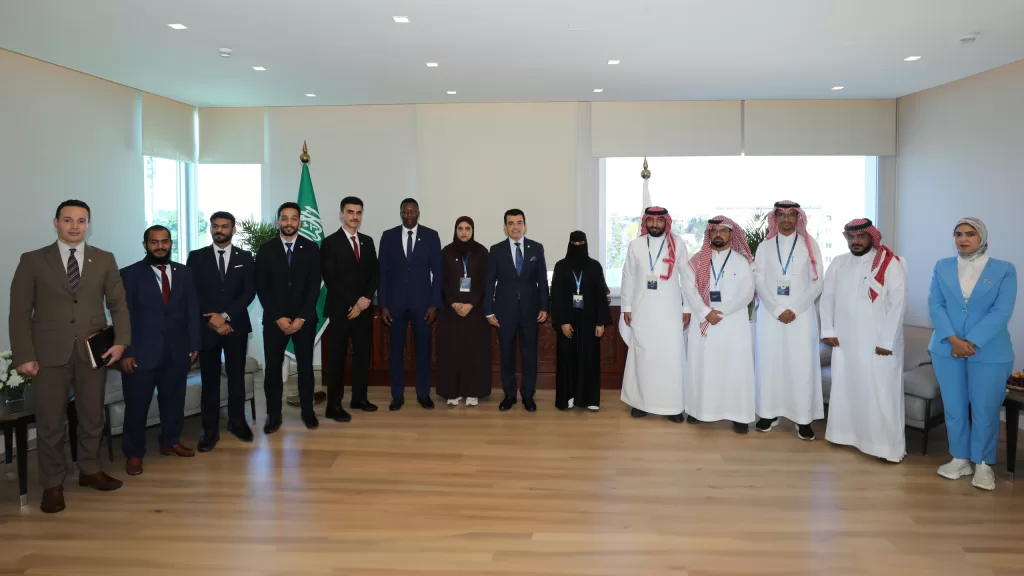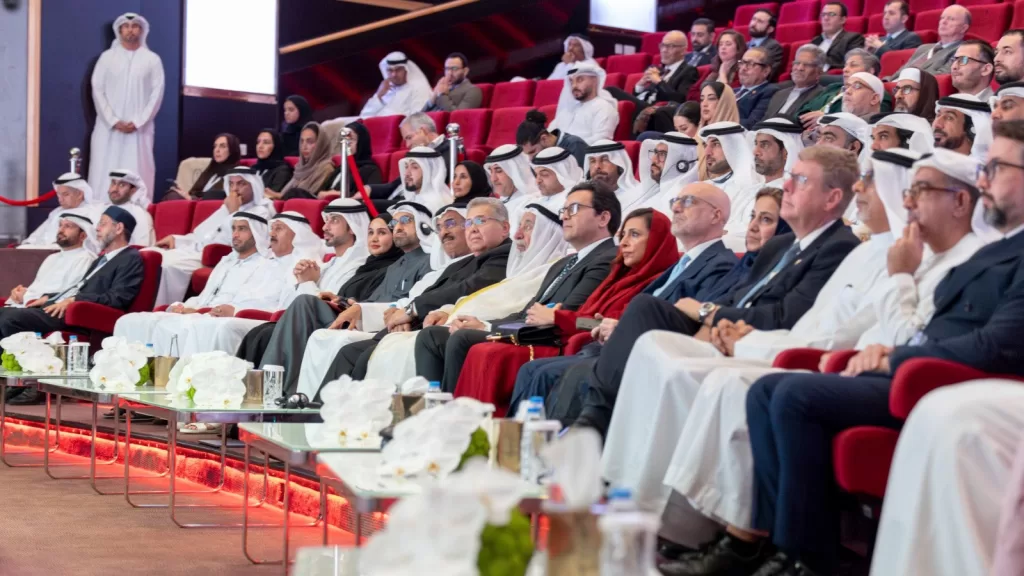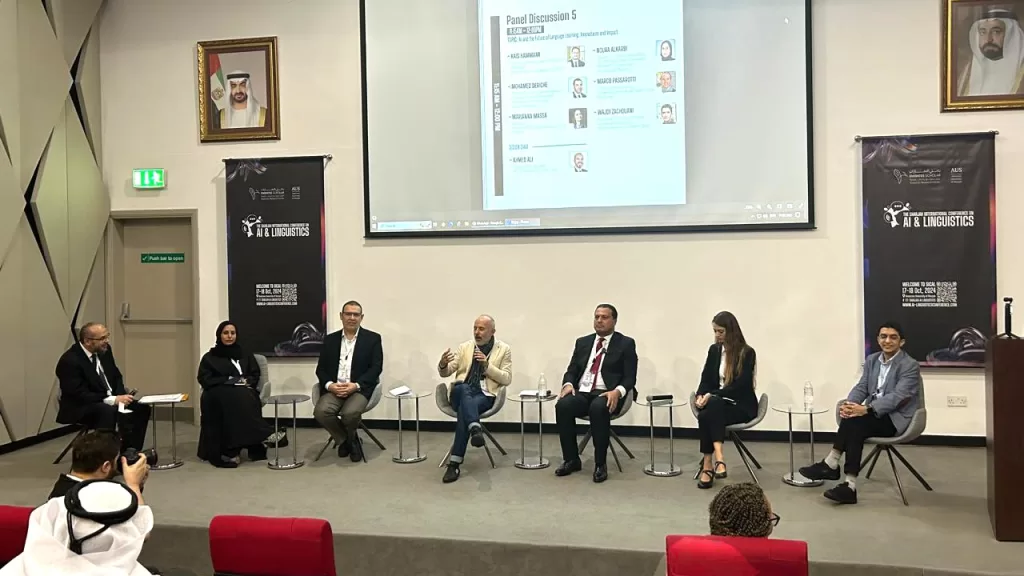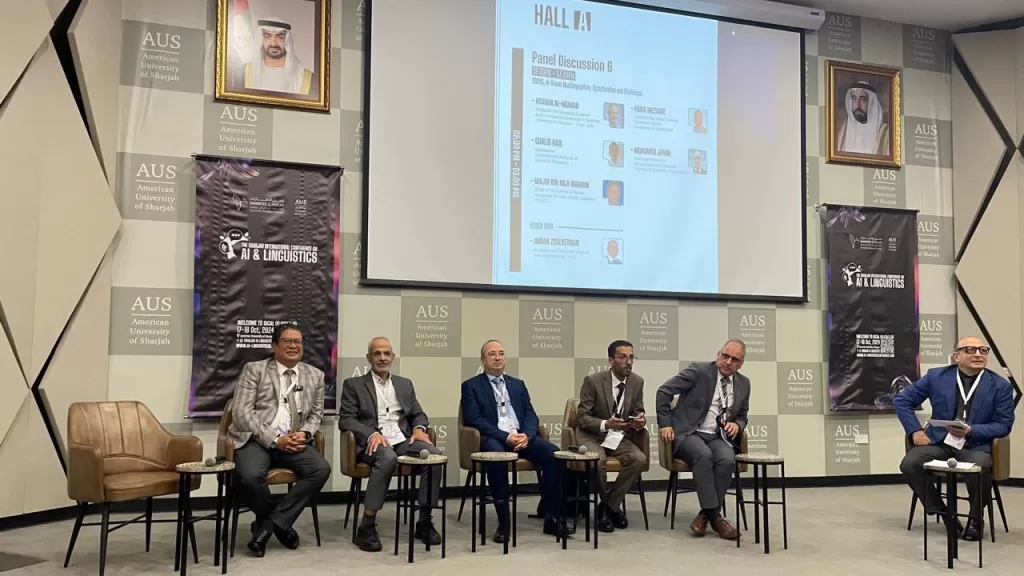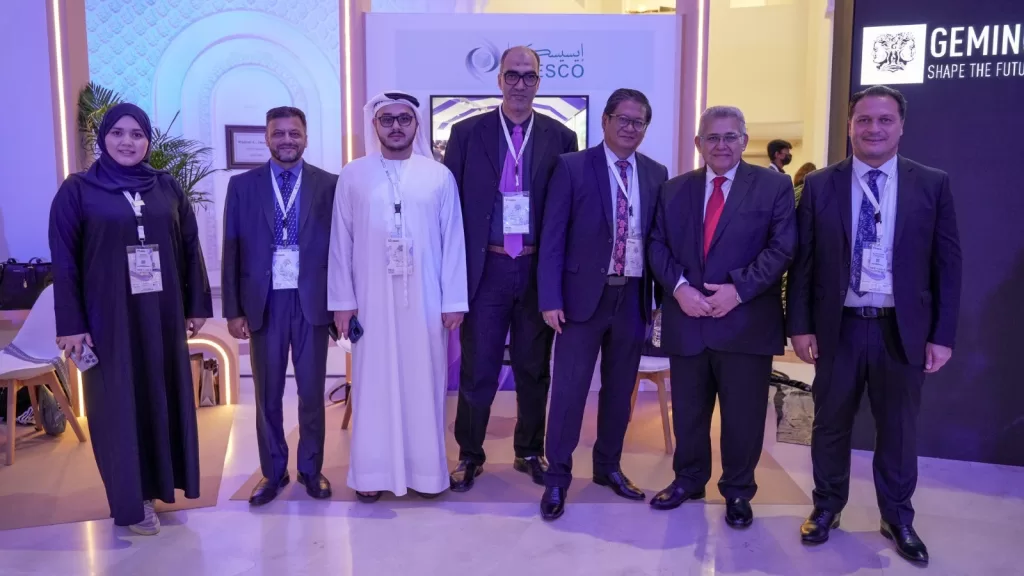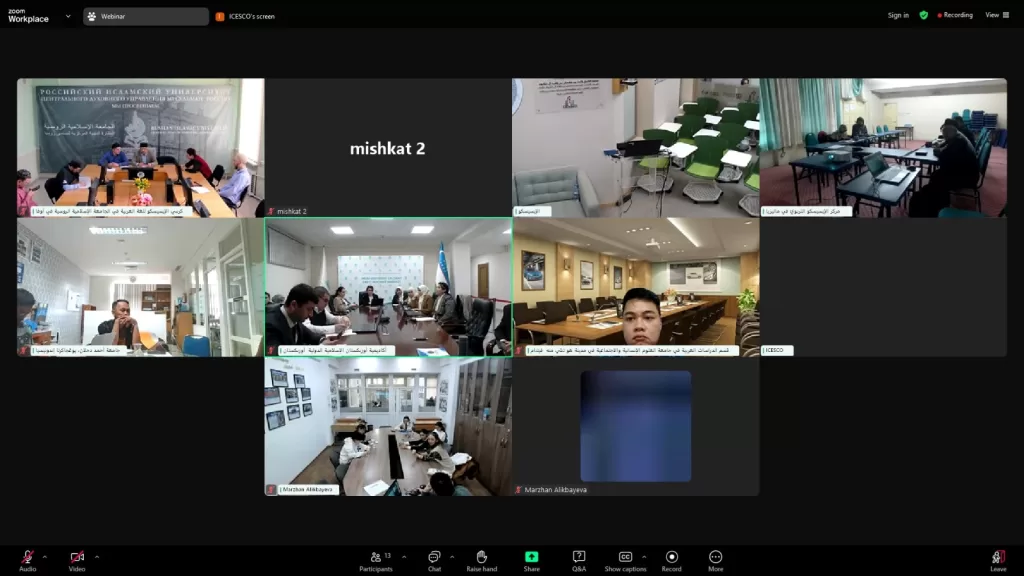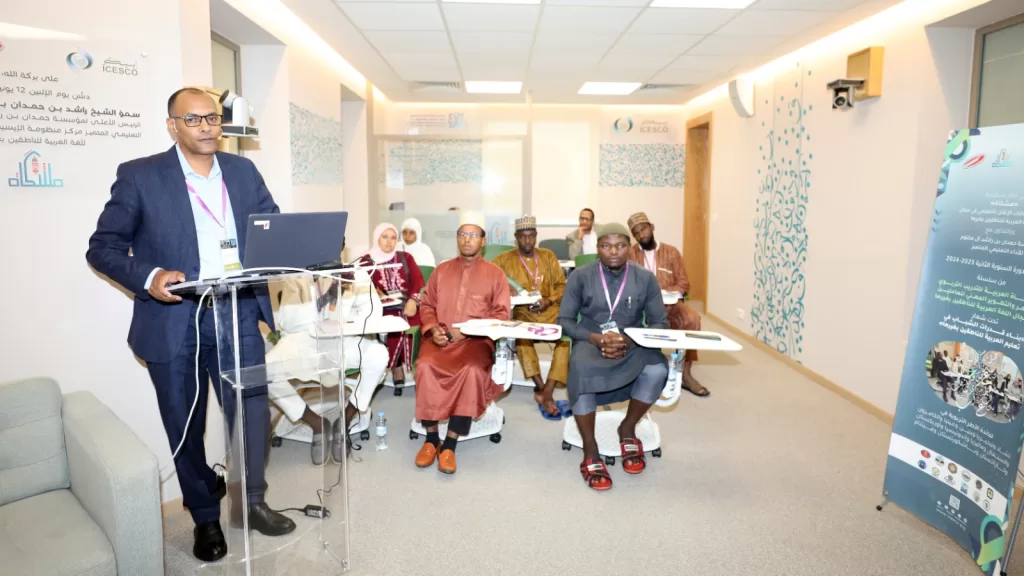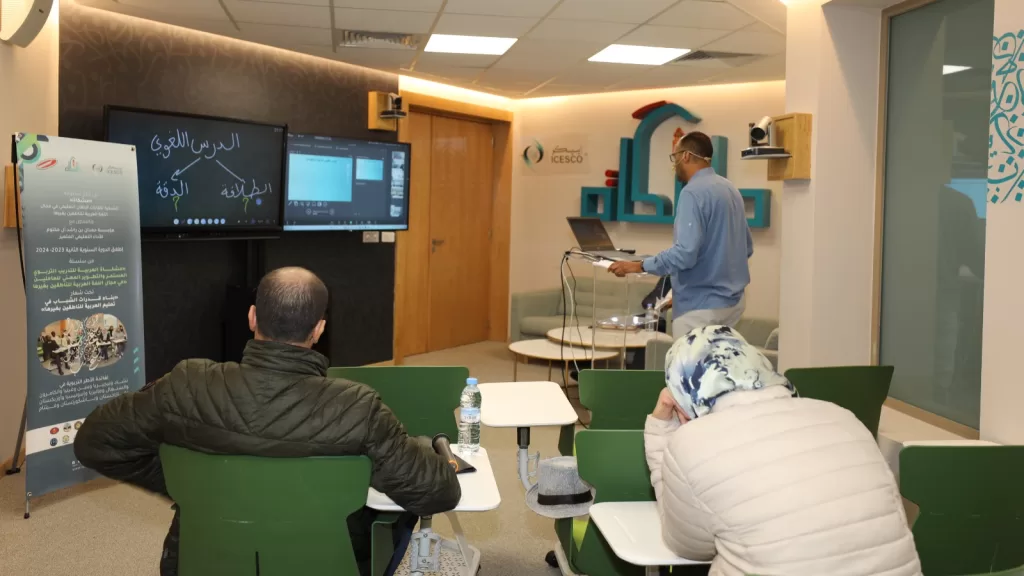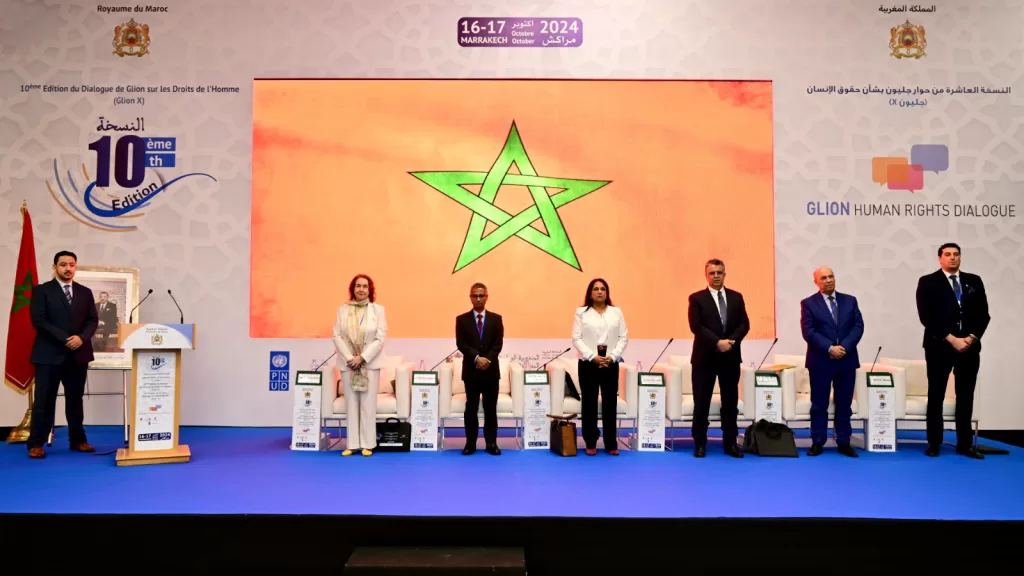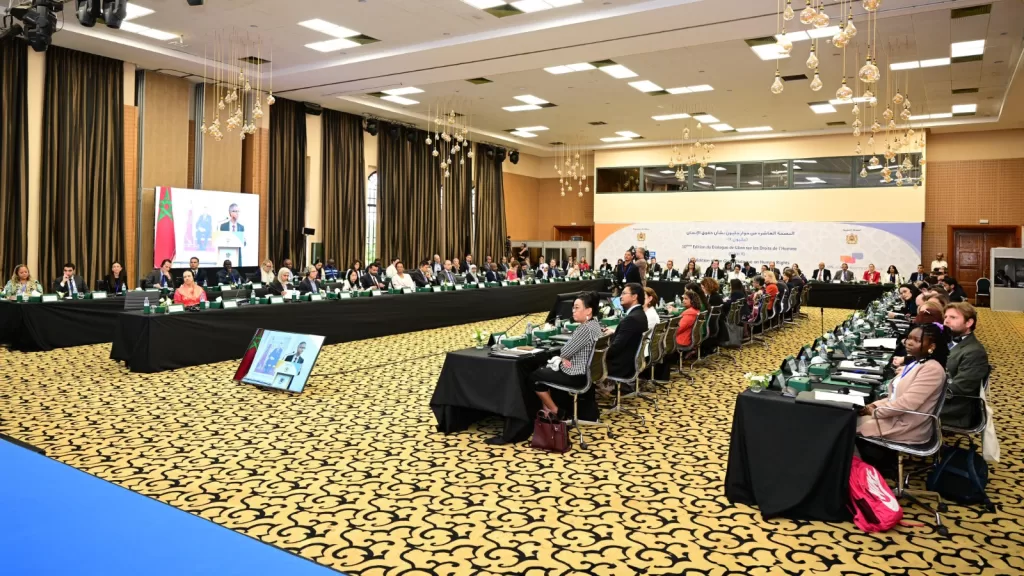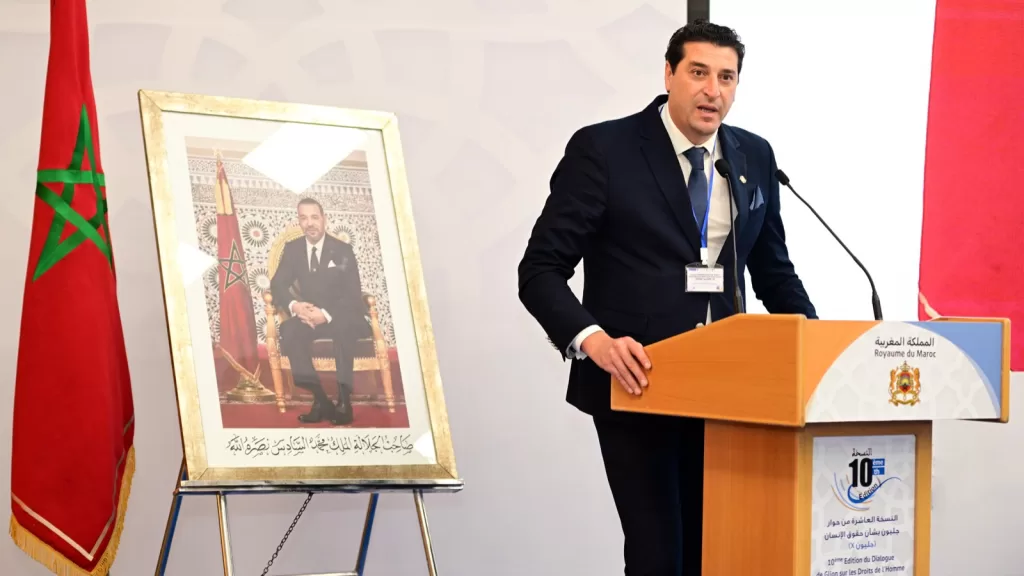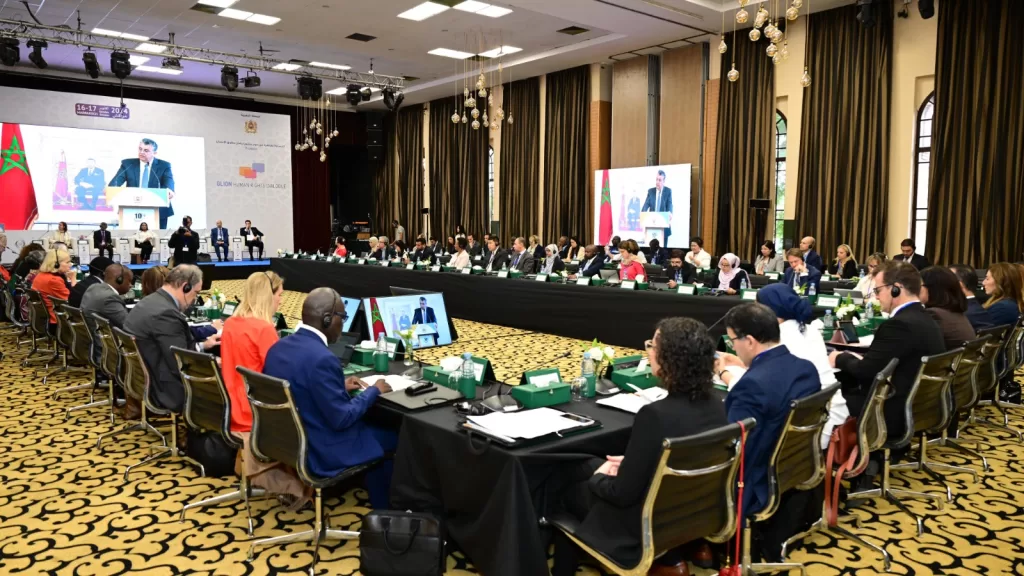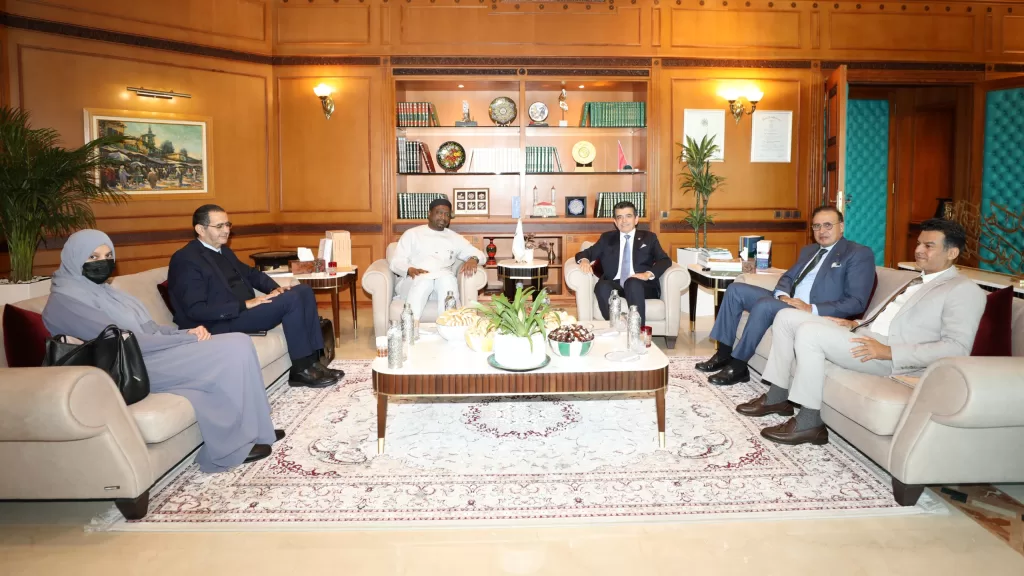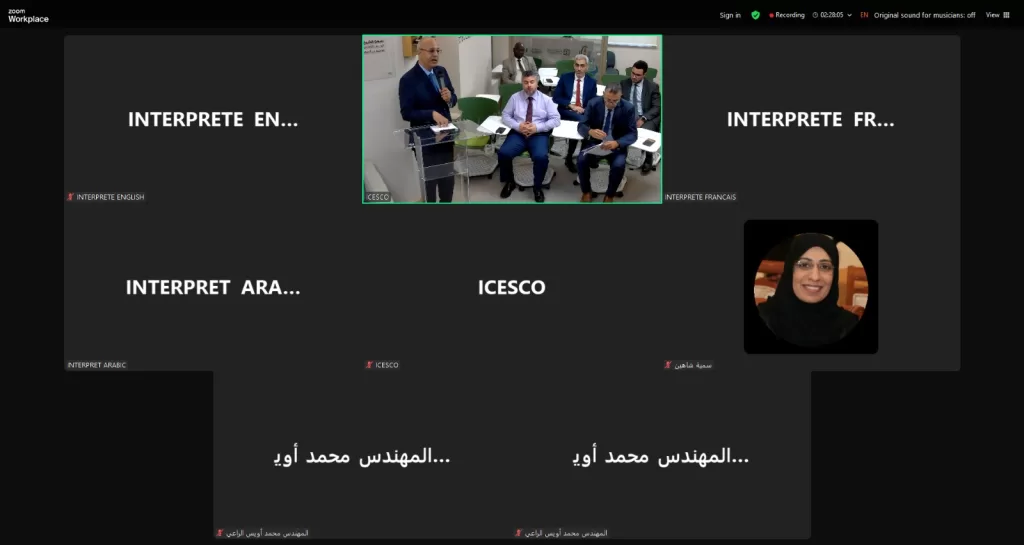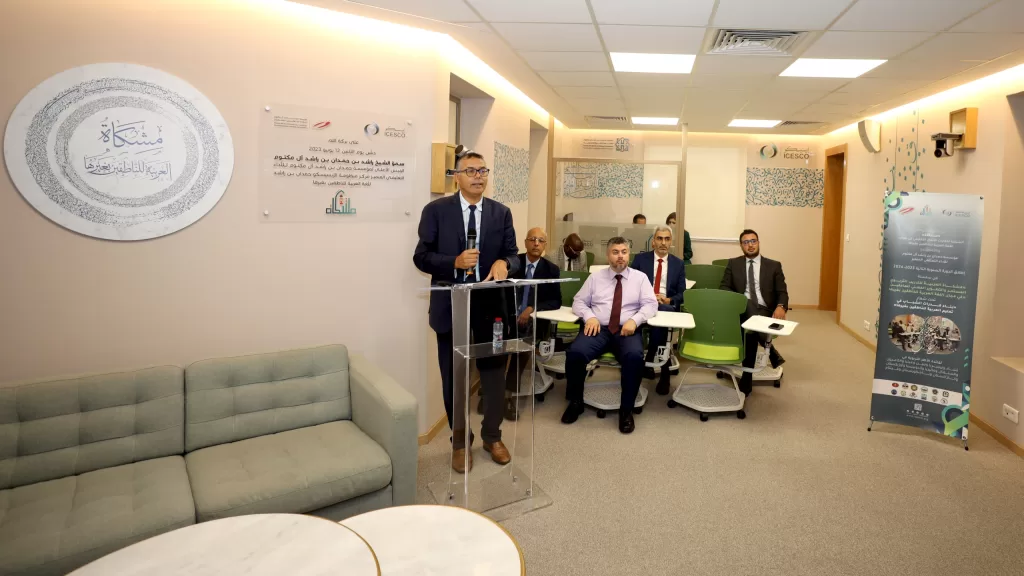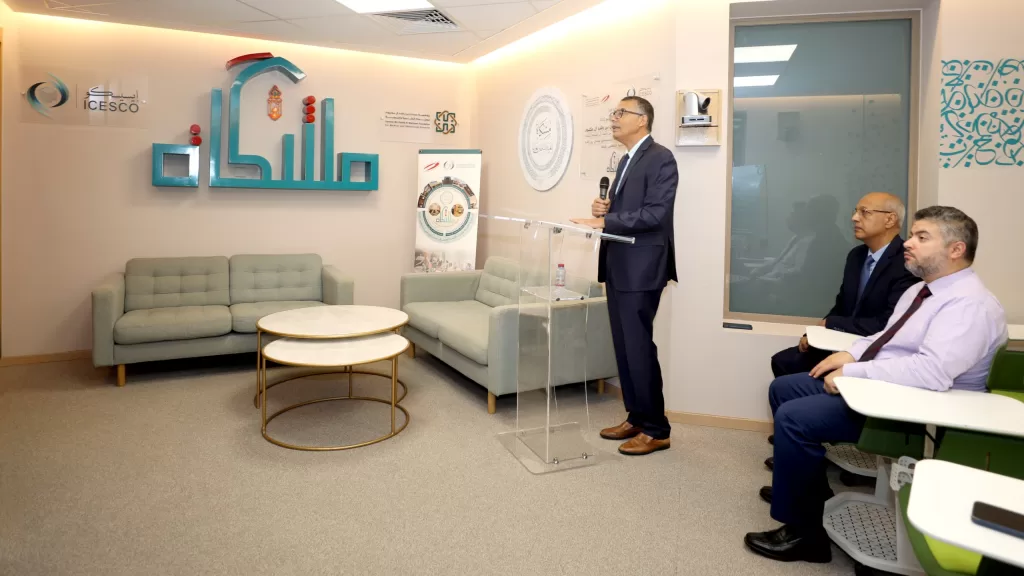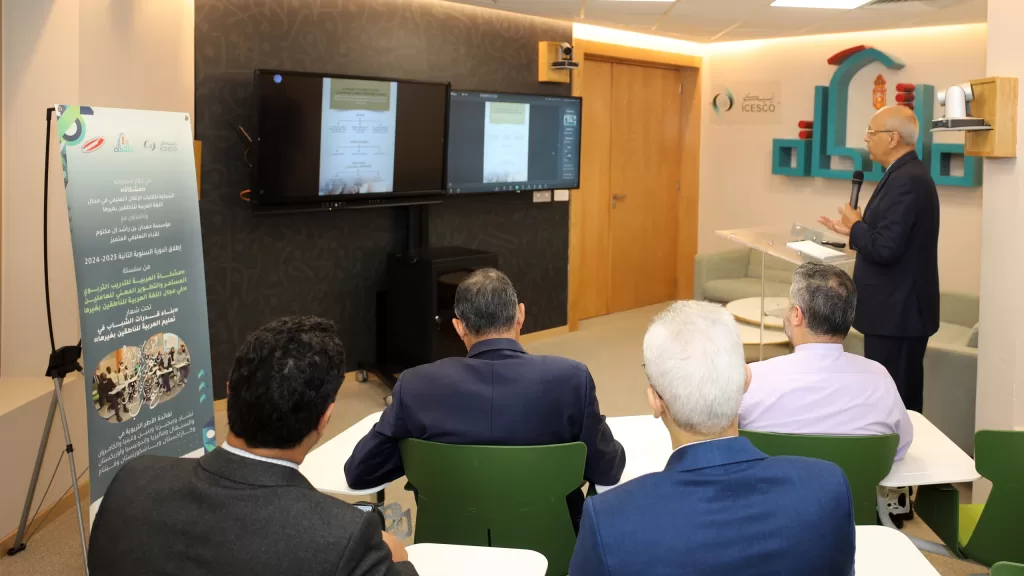Dr. Salim M. AlMalik, Director-General (DG) of the Islamic World Educational, Scientific and Cultural Organization (ICESCO), received Sheikh Fahim Bin Sultan Al Qasimi, Chairman of the Department of Government Relations in Sharjah, State of the United Arab Emirates, and together they discussed ways to promote cooperation between ICESCO and Sharjah in areas of common interest.
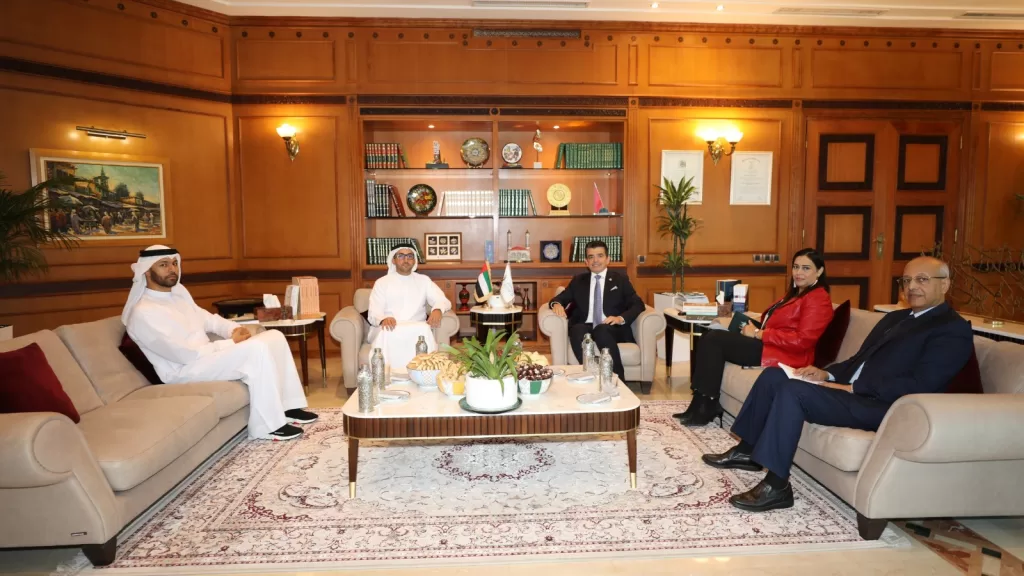
At the beginning of the meeting, held at ICESCO headquarters in Rabat, Dr. AlMalik reiterated his thanks and appreciation to His Highness Sheikh Dr. Sultan bin Muhammad Al-Qasimi, UAE Supreme Council Member, Ruler of Sharjah, for his sustained support to ICESCO’s efforts as well as to its Regional Office in Sharjah, whose new headquarters will be inaugurated soon to serve as a house of knowledge, thought and culture.
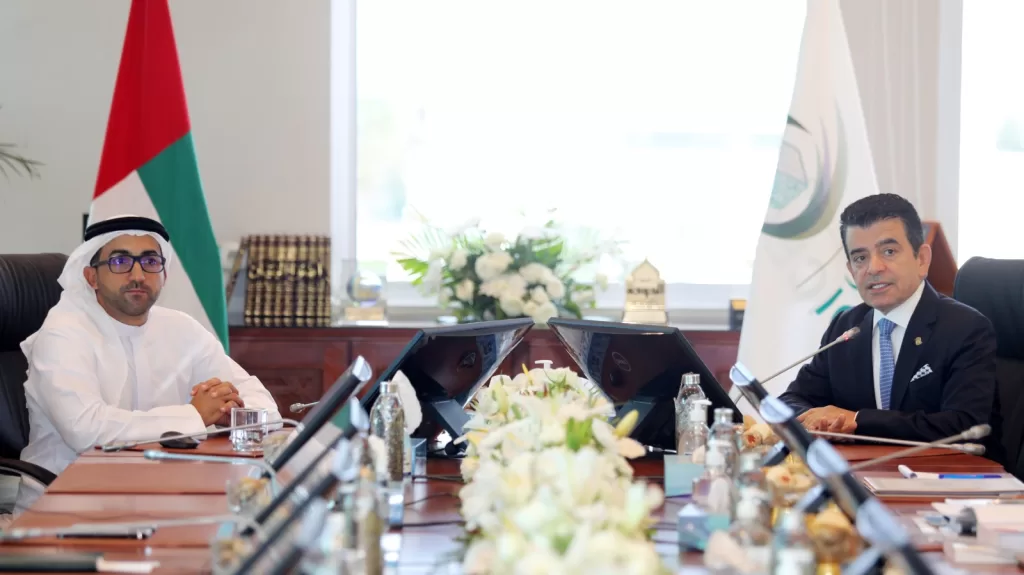
For his part, Sheikh Fahim bin Sultan Al Qasimi conveyed the greetings of H.H. the Ruler of Sharjah to ICESCO DG, stressing that this visit to ICESCO headquarters is made based on His Highness’s directives to ensure the promotion of the Emirate’s cooperation relations with ICESCO through the implementation of a number of initiatives and programs that bring together ICESCO’s vision and Sharjah’s strategy in the fields of education, science and culture.
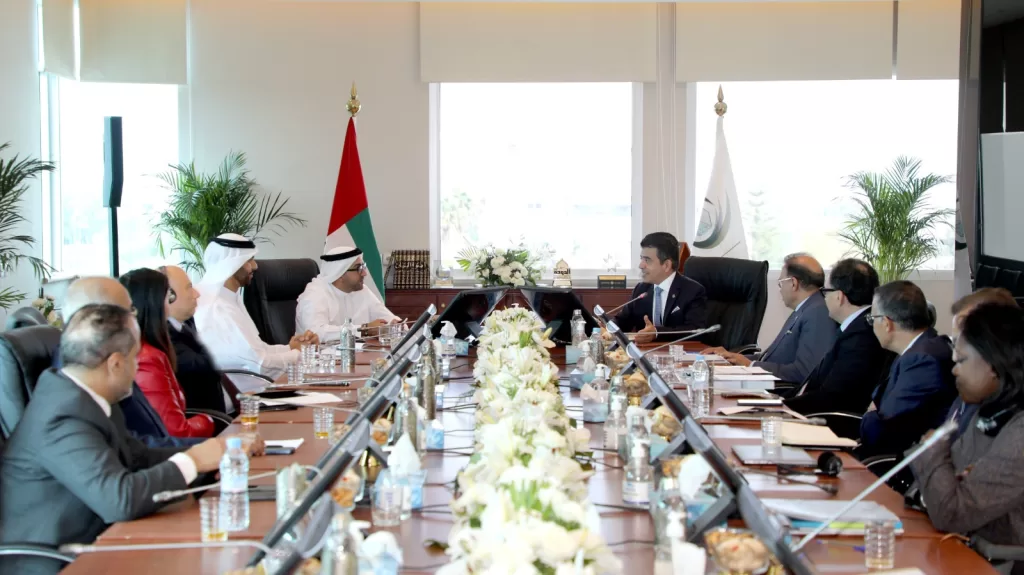
In addition, the DG highlighted the key axes of ICESCO’s new vision and strategic orientations, through which the Organization seeks to become a global beacon of civilizational and knowledge outreach within its areas of competence. He added that ICESCO adopts openness to the Member States to take stock of their priorities and needs to design projects and programs tailored to each country.
Following the bilateral meeting, Dr. AlMalik and Sheikh Al Qasimi attended an extended meeting with ICESCO officials including Dr. Abdelilah Benarafa, Deputy DG, and several heads of sectors, departments and centers. The ICESCO officials put forth proposals for cooperation programs between ICESCO and Sharjah for the upcoming period.
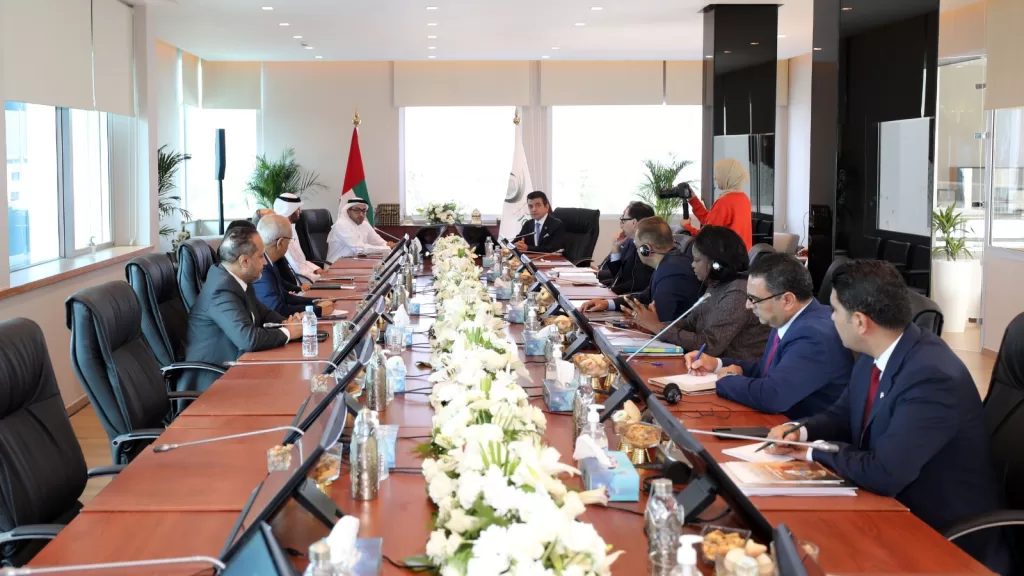
Afterwards, Sheikh Fahim bin Sultan Al Qasimi held a series of meetings with heads of ICESCO’s sectors and centers, where he was briefed about each sector and center’s action strategy, major initiatives, programs and activities implemented, and prospects of cooperation between ICESCO and Sharjah regarding some of these initiatives and programs.
At the end of the visit, the Chairman took a tour of the various sections and pavilions of the International Museum and Exhibition of the Prophet’s Seerah and Islamic Civilization, currently housed at ICESCO, which is the outcome of a trilateral partnership among ICESCO, the Muslim World League and the Mohammadia League of Scholars.
